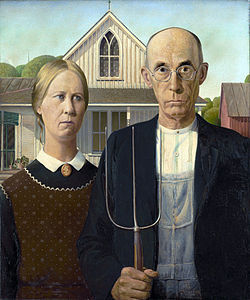Now that we were mothers we were all shadows of our former selves, chased by the women we used to be before we had children. we didn’t really know what to do with her, this fierce, independent young woman who followed us about, shouting and pointing the finger while we wheeled our buggies in the English rain…
Mother was The Woman the whole world had imagined to death. It proved very hard to re-negotiate the world’s nostalgic phantasy about our purpose in life. The trouble was that we too had all sorts of wild imaginings about what Mother should “be” and were cursed with the desire to not be disappointing. We did not yet entirely understand that Mother, as imagined and politicised by the societal system, was a delusion. The world loved the delusion more than it loved the mother. All the same, we felt guilty about unveiling this delusion in case the niche we had made for ourselves and our much-loved children collapsed in ruins around our muddy trainers – which were probably sewn together by child slaves in sweatshops all over the globe. It was mysterious because it seemed to me that the male world and its political arrangements (never in favour of children and women) was actually jealous of the passion we felt for our babies. Like everything that involves love, our children made us happy beyond measure –and unhappy too– but never as miserable as the twenty-first century Neo-Patriarchy made us feel. It required us to be passive but ambitious, maternal but erotically energetic, self-sacrificing but fulfilled – we were to be Strong Modern Women whilst being subjected to all kinds of humiliations, both economic and domestic. If we felt guilty about everything most of the time, we were not sure what it was we had actually done wrong.
Deborah Levy, from Things I Don’t Want to Know

 I have now known community living. But I am still convinced that these people who are so proud of giving birth and raising three children are giving less to the world than Beethoven, or Paul Klee, or Proust. It is their conviction of their virtuousness which distresses me. I would like to see fewer children and more beauty around them, fewer children and more educated ones, fewer children and more food for all, more hope and less war. I was not proud at all of having helped three children with faces like puddings or oatmeal to live through a Sunday afternoon. I would have felt prouder if I had written a quartet to delight many generations.
I have now known community living. But I am still convinced that these people who are so proud of giving birth and raising three children are giving less to the world than Beethoven, or Paul Klee, or Proust. It is their conviction of their virtuousness which distresses me. I would like to see fewer children and more beauty around them, fewer children and more educated ones, fewer children and more food for all, more hope and less war. I was not proud at all of having helped three children with faces like puddings or oatmeal to live through a Sunday afternoon. I would have felt prouder if I had written a quartet to delight many generations.